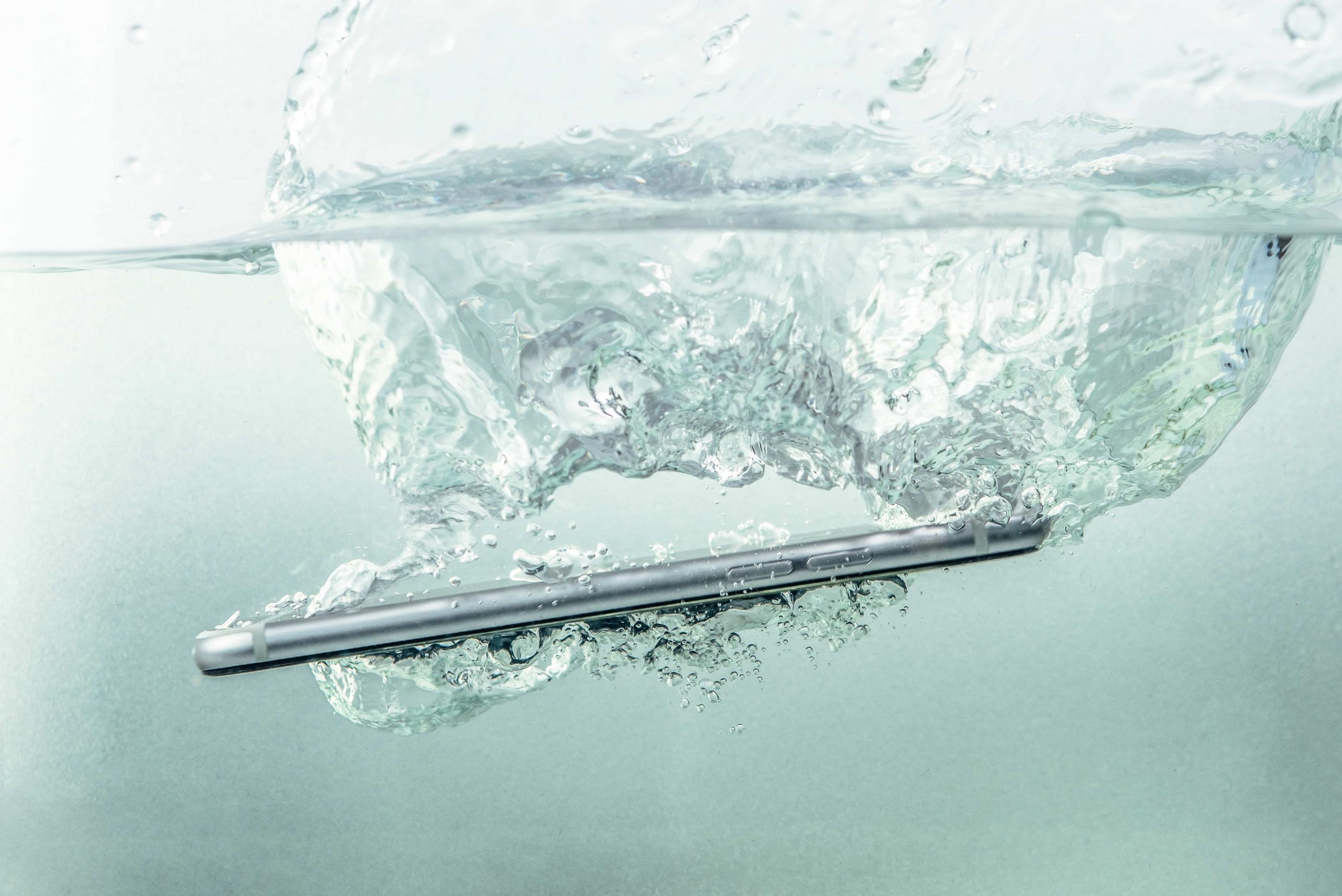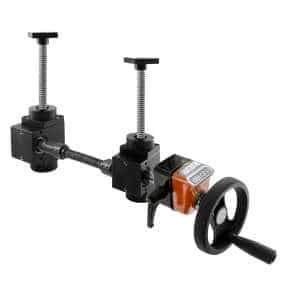Are Rib Bones Safe For Dogs?
Pet Jul 12, 2022

Are rib bones safe for dogs? The answer depends on the size and type of bone, as well as the size of your dog’s jaw. If you’re unsure, consult your veterinarian. Remember, dogs naturally chew on things such as bones to clean their teeth and release chewing instincts. Although recreational ribs are softer than the raw ones, they can still be hazardous to your dog. However, the safety of recreational ribs depends on their size and type.
Raw rib bones are a choking hazard
Table of Contents

Aside from causing choking hazards, raw rib bones can cause teeth fractures, which could result in painful infection and costly dental surgery. The bones are brittle, so they can pierce soft palates and throats and can also splinter when chewed. Surgical treatment could be painful and require sedation. Raw rib bones are best avoided altogether, and you should always supervise your dog when he gets bones.
Cooked rib bones can splinter
Rib bones are particularly dangerous for dogs, as they can splinter and rip through the soft tissues. Large chunks can become stuck in the intestines, reducing blood flow to essential tissues and causing internal bleeding. Luckily, most dogs can recover from splintering relatively quickly. If the problem is severe, however, a trip to the vet may be necessary.
Salmonella and e. coli can be found in rib bones
There are a few dangers of feeding your dog raw rib bones. These bones can splinter and break easily. Small rib bones can get stuck in your dog’s esophagus or throat, causing choking or intestinal blockage. Additionally, they can transmit food-borne illnesses such as listeria and salmonella, which can be life-threatening for dogs with compromised immune systems.
Recreational rib bones are softer than raw ribs

There are a few differences between recreational and raw rib bones for dogs. The latter are softer, but they can still be harmful for dogs. Rib bones tend to be curved and smaller than other bones. The meat may still be on them, which can pose a choking hazard. Recreational rib bones are generally not recommended for dogs. Recreational ribs can be purchased from a pet store.
Splinters can lodge in the esophagus
Splinters from rib bones can become lodged in the esophagus of your dog. If your dog has recently eaten a rib bone, you should be on the lookout for signs of internal bleeding and discomfort. This could be a sign of an allergic reaction or an underlying medical condition. If you see the symptoms listed above in your dog, you should visit a vet right away.
Infections can occur in the gastrointestinal tract
If your dog eats rib bones, it may obstruct the digestive tract, a very serious health condition. In addition to the obstruction, rib bones can cause stomach irritation, diarrhea, and lethargy.
Because of this, dogs should never be fed rib bones. Instead, cook them or give them rib steak instead. In either case, your dog should avoid eating the rib bones.
Precautions to take when giving rib bones to dogs
There are many dangers associated with feeding bones to dogs. While some breeds can easily digest bones, many others are not. These include dogs with short muzzles and difficult chewing jaws. There are some specific precautions to follow when giving rib bones to dogs. Small bones may be lodged in your dog’s digestive tract or throat. These can be dangerous, so you must take proper precautions.
The bottom line is that only you can decide whether or not your dog is a good candidate for pork rib bones. However, we urge you to look at the facts before making a decision. As you’ve seen, there is a good deal of conflicting information out there on whether it’s okay to feed them to your canine friends. Therefore, as always, we recommend that you consult with your veterinarian if you have questions or concerns about whether or not pork rib bones are safe for dogs.



